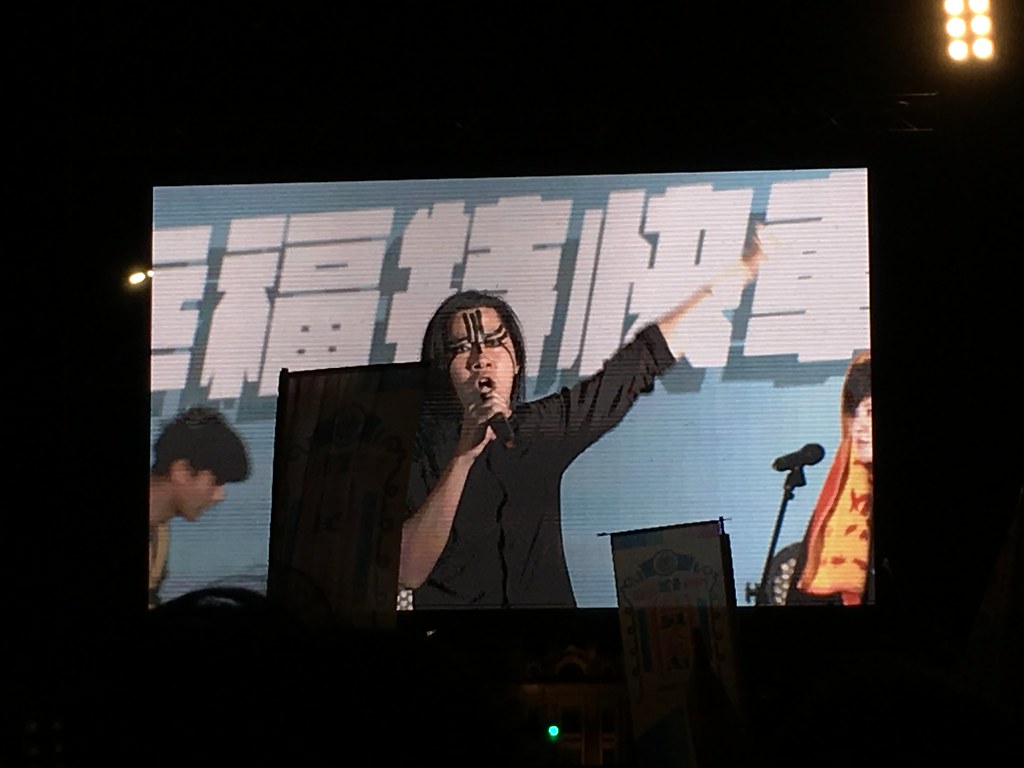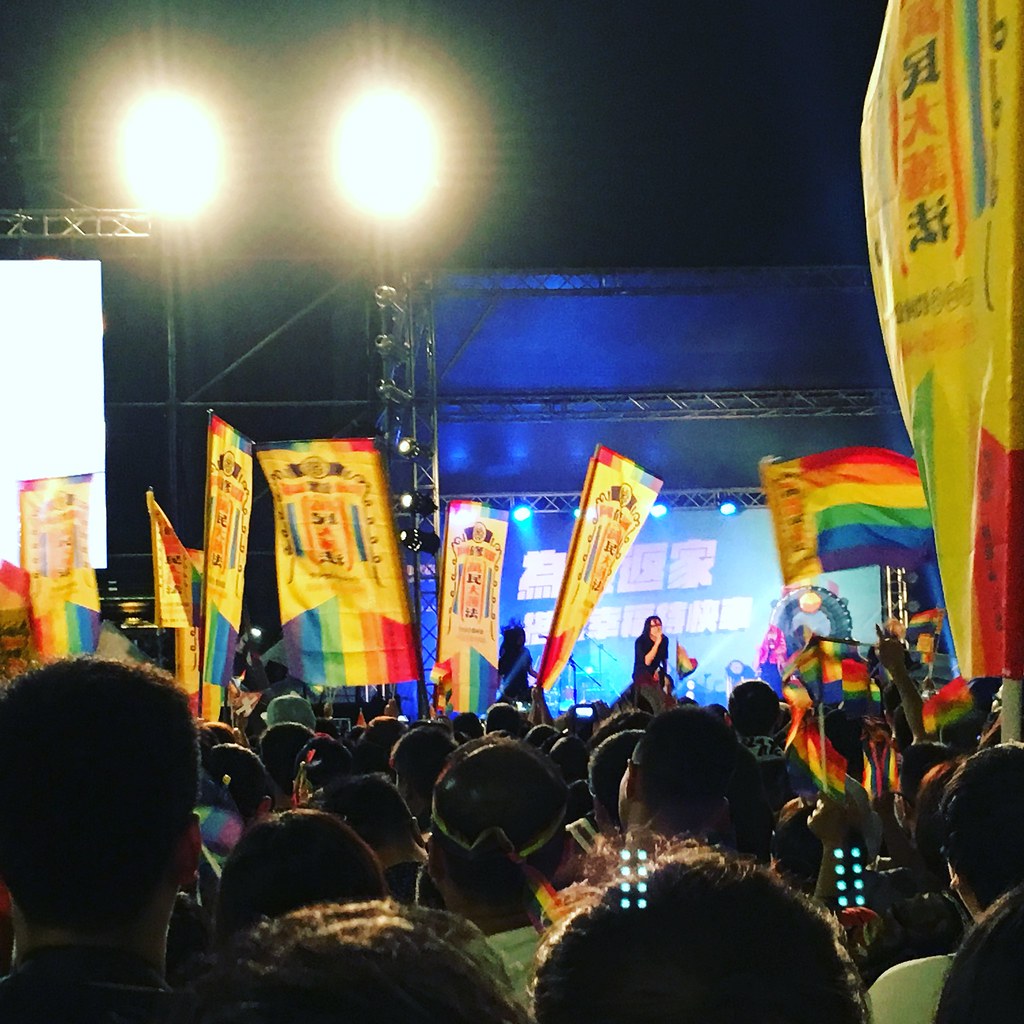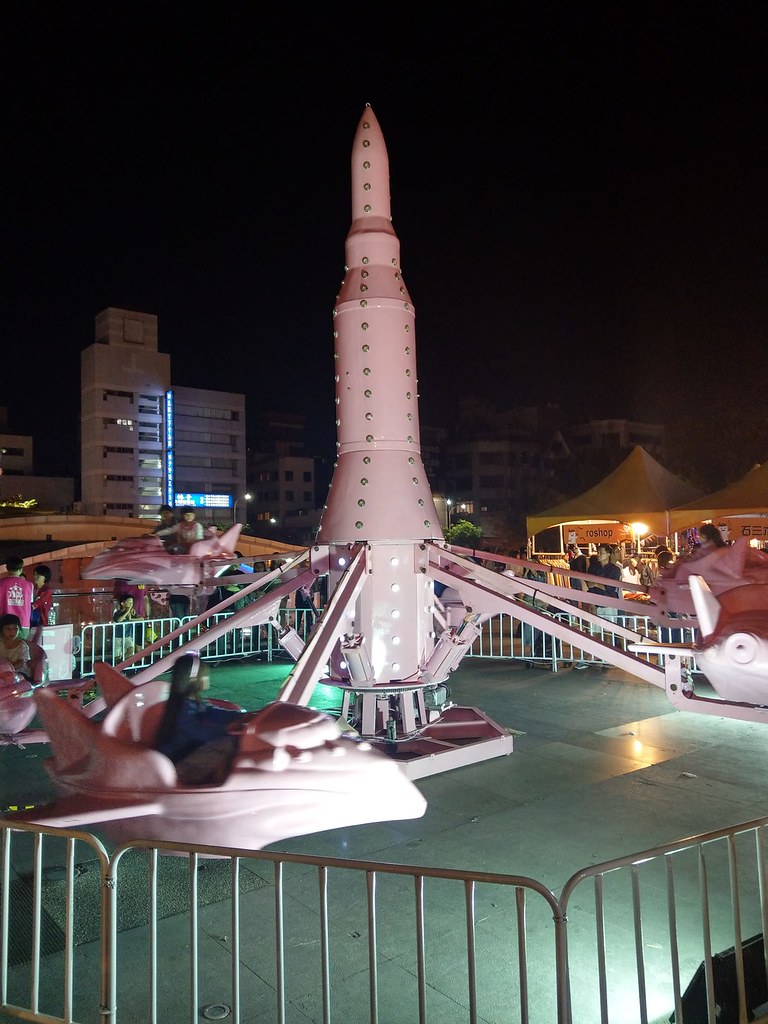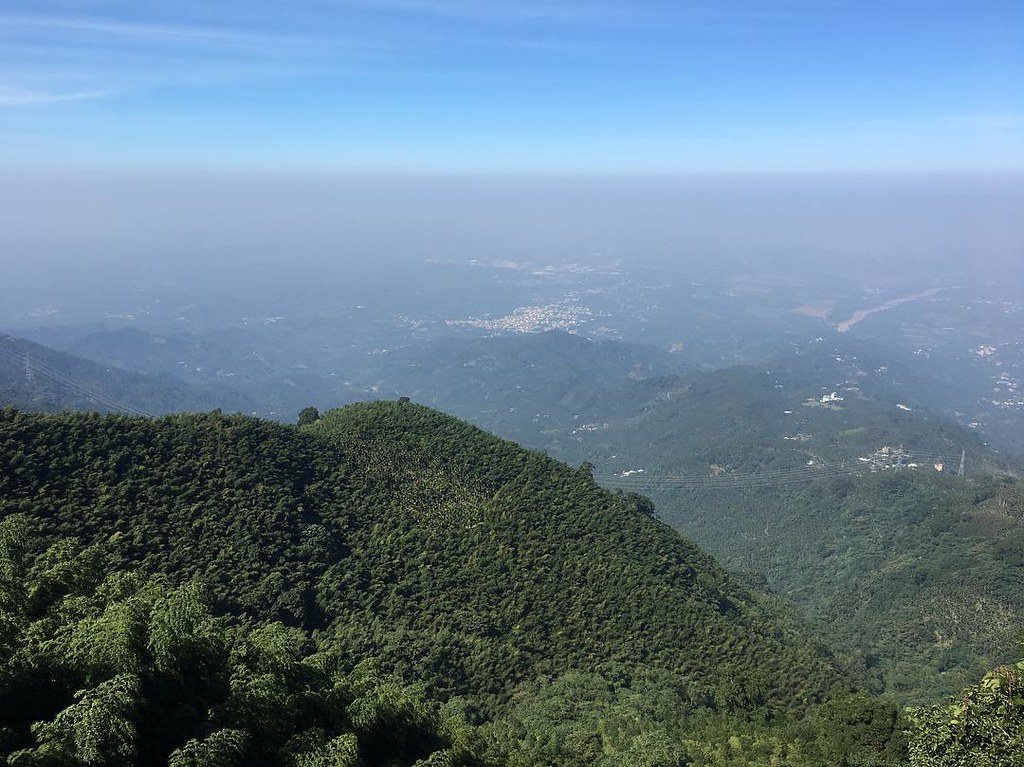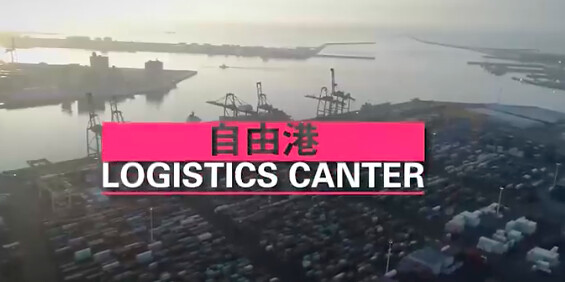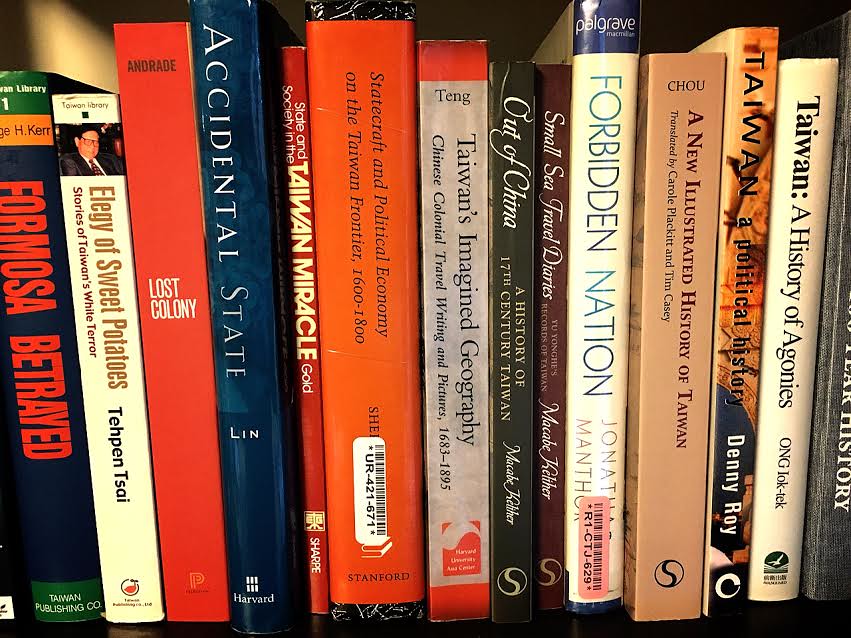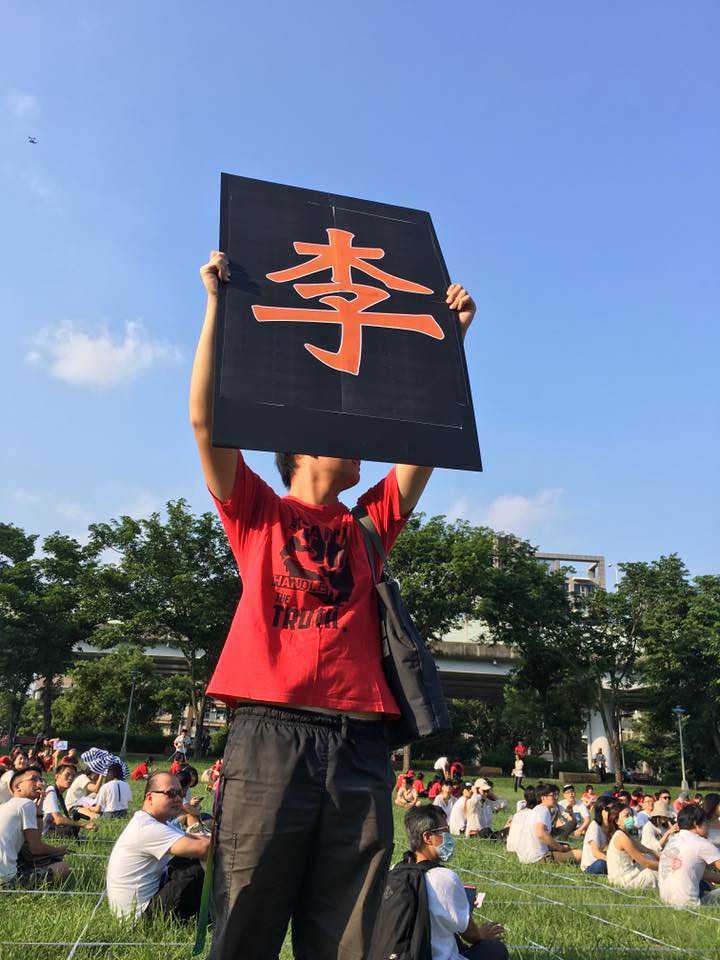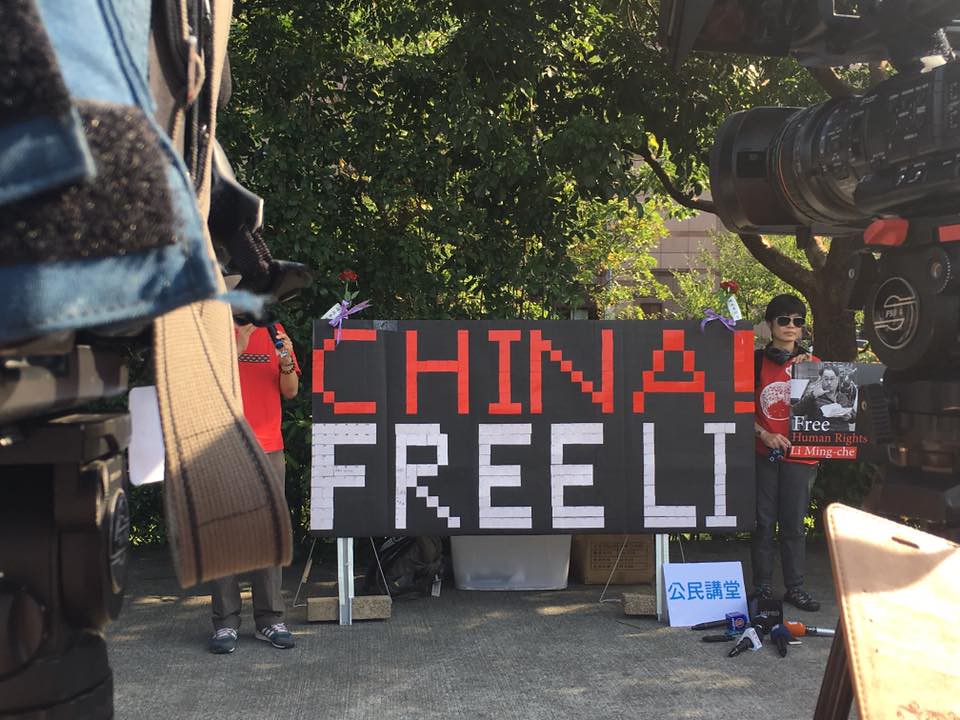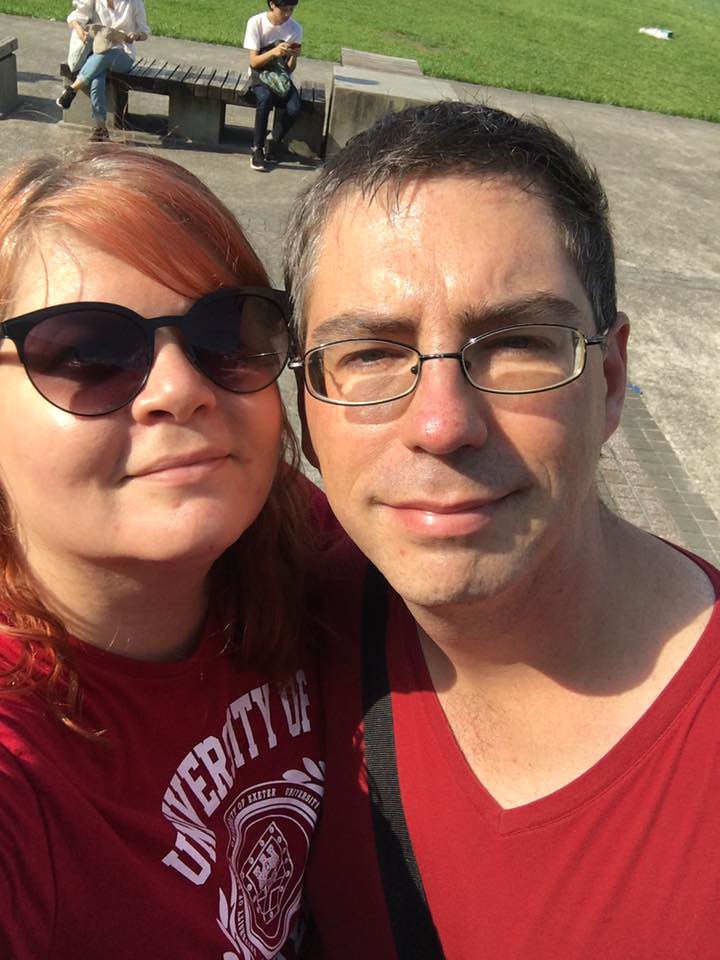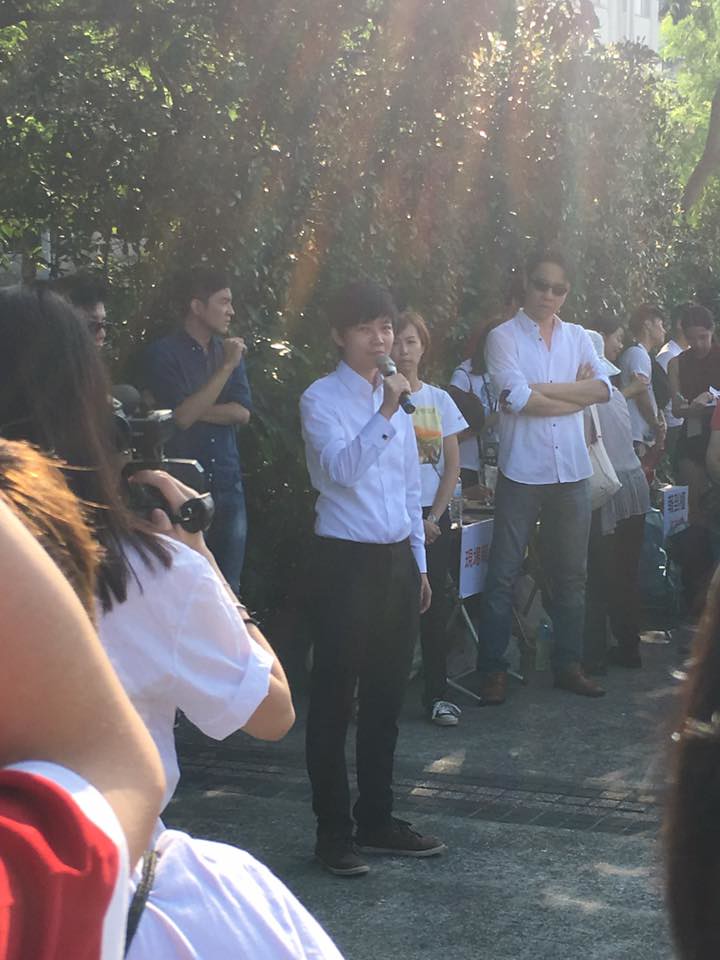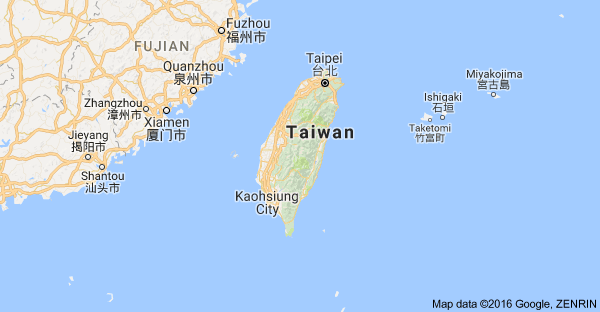 |
| Taiwan, which is 100% there |
The Trump administration is moving ahead with for an $8 billion sale of F-16 fighter jets to Taiwan despite strong objections from China, a U.S. official and others familiar with the deal said Thursday.
The administration notified Congress late Thursday that it would submit the package for informal review, said the people familiar with the sale who are also aware that China is angered, because everybody is always aware of that.
Lawmakers from both parties had questioned whether the White House would scuttle the sale because of China's decision to be angry, which they chose to be of their own accord due to the fact that there is an island off the coast of their country called "Taiwan", and it continues to be there.
Amid tensions with China, the State Department told Congress to expect the arms package to be informally submitted to them by Friday evening, according to a U.S. official and another person familiar with the matter, also noting that Beijing was not pleased that Taiwan has apparently been there this whole time, possibly even before it was founded by Sun Yat-sen in 1911 or possibly Chiang Kai-shek in 1949.
The Senate Foreign Relations Committee and House Foreign Affairs Committee would review the package. They are not expected to raise objections, unlike China, which always seems to have an objection even though Taiwan's current administration under President Tsai Ing-wen has made it clear that they have no desire to instigate conflict with China.
The people familiar with the proposed sale requests [sic] anonymity to discuss a sensitive pending deal. Neither the State Department nor the White House immediately responded to requests for comment. China responded that it had been angered, amid rising tensions.
China claims Taiwan as a breakaway province, and last month accused the United States of a “vain plot” to arm the island. The Trump administration approved more than $2 billion in lower-level arms sales to Taiwan last month, and allowed Taiwan’s leader, who in fact does have a name, to visit New York.
Taiwan is a 36,193 square kilometer island off the coast of China, which most definitely appears on maps and can also be visited. According to Americans who have been to Taiwan, it is very much a "place" which is "definitely in existence" and "there". The Chinese government does not rule Taiwan, and their current government never has, a fact that not only we seem unaware of as we never publish it in the Washington Post, but also a point the Chinese government itself also appears to be entirely ignorant of. This angers them.
Asked whether leaders in Beijing might consider anger management classes as they appear to choose anger so often and it "might be bad for their health" according to
Sources knowledgeable on the topic confirm that, although China's anger is their own choice, they are highly unlikely to simply choose not to be angered, despite such a move being entirely feasible.
China, on the other hand, claims officially that the anger is out of their control.
"Why does Taiwan do things that make me so angry?" China said, after another day of Taiwan's existence. "I don't want to hurt Taiwan - I love Taiwan - it's just that I don't know my own strength, so Taiwan should be careful. But I love Taiwan so much...if she ever leaves, I'll fucking kill her. That's love."
Approval of the latest sale also comes amid pro-democracy protests in Hong Kong, a semiautonomous part of China, and fears that China could launch a military crackdown there. Such a crackdown could embolden Beijing also to confront Taiwan, which has a real government that functions and prints money and has a military and everything.
Taiwan requested 66 American-made fighter jets, which lawmakers have said is a test of U.S. resolve. Taiwan has a population of over 23 million people, who are all individuals who were born and exist, whose opinions on any matter related to Taiwan we, at the Washington Post, appear never to have asked. We did however ask several China experts and foreign relations specialists based in Beijing. They were all very angry, citing "Taiwan" and "it existing" as reasons.
The Chinese government accused the Trump administration of “playing the ‘Taiwan card” last month when Taiwanese President Tsai Ing-wen visited New York. Although it is unclear if there is indeed a card that can be called "the Taiwan card" or what it's made of - paper, wood, or any other material - "Taiwan" itself is indeed a mountainous island with a flat western plain which is not a card, but a place with its own society, culture, government and history, amid rising tensions.
The People’s Daily newspaper, the mouthpiece of the Communist Party of China, wrote that Washington “should immediately cancel the planned arms sale to Taiwan, stop selling weapons to Taiwan and terminate military contact with Taiwan, and exercise caution and prudence when handling Taiwan-related issues to avoid serious damage to China-U.S. relations and cross-strait peace and stability.”
Nobody asked Taiwan or any Taiwanese media outlets what they thought. Although asking Taiwan what they think about arms sales is likely to anger China, sources close to China say it is "already angered", so further anger may not pose the risks that some analysts who have ties to China warn of.
Trump took the unusual step of speaking by phone with Tsai in 2016 when he was president-elect, which rocked the delicate U.S. foreign policy stance called the “One China” policy, which it seems quite literally nobody in the US media seems to understand, as it did not actually do that at all.
“Taiwan’s defense is intrinsically important to the United States, but the timing of this move, amid the trade war and major instability in Hong Kong, is exceptionally precarious,” said Evan Medeiros, former White House senior director for Asia in the Obama administration and a professor at Georgetown University, in a quote that angered China. “It will make trade negotiations and managing the Hong Kong situation even harder than it already is. The whole situation can be summed up as 'tensions are rising amid rising tensions'."
It is unclear who is behind the rising tensions, but experts like Medeiros warn against drawing a straight line from China's anger to those tensions. "They're probably not related. You see, moves anger China, and tensions rise. That's just how it works."
"Please allow me to explain China to you further," Medeiros continued. "I can tell you a lot about China. They have a Great Wall and a lot of money. I don't know as much about Taiwan. Does that exist?"
Informed that it did, indeed, exist, and was actually quite economically and democratically successful especially given the odds stacked against it, Medeiros declined to comment further, amid rising tensions.
He added that it would fuel conspiracy theories that the United States is behind the unrest in Hong Kong. These theories already exist and would have existed regardless of any US moves on Taiwan, but that apparently doesn't matter.
Bonnie Glaser, senior adviser for Asia at the Center for Strategic and International Studies, was less perturbed. “China never likes U.S. arms sales to Taiwan,” she said. “Will they object? Yes. Is this going to trigger a crisis in the relationship? No. This in and of itself is not going to derail progress on a trade agreement.”
Tsai faces reelection next year and is casting her leadership as a counterpoint to an increasingly repressive and assertive mainland China. This has endeared her to Trump administration officials who are hawkish on China, but Trump’s own views are unclear.
This paragraph should clarify that Taiwan not only exists and has its own democratic political system, but that system differs from China. In fact, even mentioning that the two systems are entirely different is a move likely to anger China.
Taiwan split from China in 1949 when nationalist leader Chiang Kai-shek fled from the Communists led by Mao Zedong and set up a rival government in Taipei. Before that, Taiwan had not been a part of China but did, in fact, exist. Its pre-1949 existence does not appear to matter, however, as it had been a territory of Japan for 50 years previously. Taiwan's existence only counts when it is in relation to China. Absent that relationship, it still exists, but is best not mentioned so as not to anger China.
Beijing continues to view Taiwan as a renegade state that will one day return to China. Although this is an odd perspective to take given that the People's Republic of China has never governed Taiwan, we always include it so as to anger China slightly less.
As of press time, Taiwan continued to exist and China continued to be angered.


